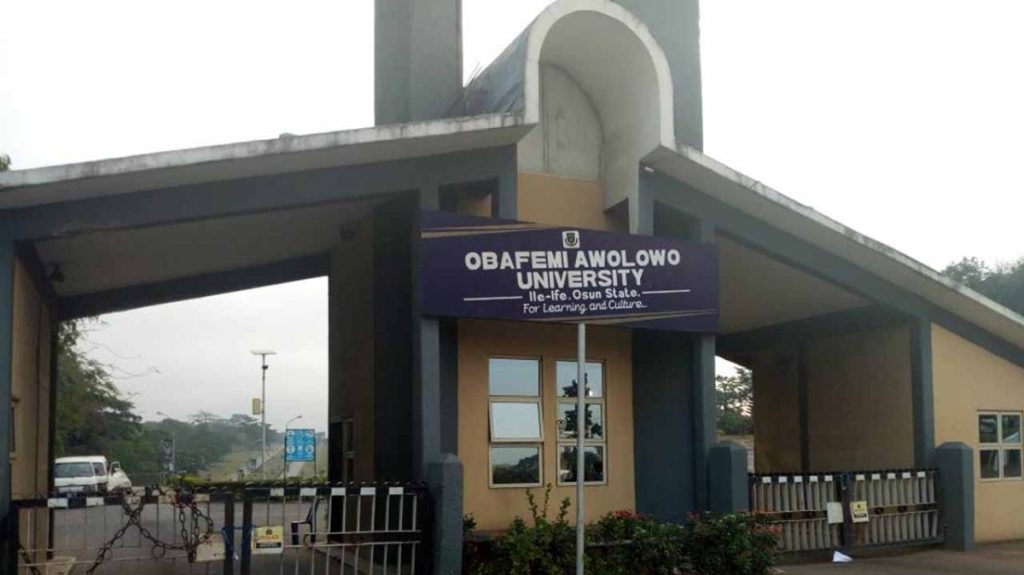The United Nations World Food Programme (WFP) has said that it will be forced to suspend all emergency food and nutrition aid for 1.3 million people in northeast Nigeria at the end of July.
A Wednesday statement by the UN said the decision was due to critical funding shortfalls, which come at a time of escalating violence and record levels of hunger in the country.
“WFP’s food and nutrition stocks have been completely exhausted. The organisation’s last supplies left warehouses in early July, and life-saving assistance will end after the current round of distributions is completed,” the statement noted in part.
It said that without immediate funding, millions of vulnerable people will face impossible choices such as enduring increasingly severe hunger, migration, or possibly risking exploitation by extremist groups in the region.
“Nearly 31 million people in Nigeria are now facing acute hunger, a record number.
READ ALSO:
Scrutiny Mounts on Dapo Segun’s Tenure as NNPC EVP Downstream
NCDMB’s Exec Sec Inspects Training of 305 Youths At Centre For Marine And Offshore
Nigeria Defeat South Africa 2-1, Advance To WAFCON Final
’10 Years In Advance,’ How Eye Test Can Predict Heart Attacks, Strokes
Nigerian Man Arrested For Stabbing His 63-Year-Old Mother-In-Law To Death In Canada
“At the same time, WFP’s operations in northeast Nigeria will collapse without immediate, sustained funding. This is no longer just a humanitarian crisis; it’s a growing threat to regional stability, as families pushed beyond their limits are left with nowhere to turn,” said David Stevenson, WFP Country Director for Nigeria.
The UN noted that children will be among the worst affected if vital aid ends, saying that more than 150 WFP-supported nutrition clinics in Borno and Yobe states will close, ending potentially life-saving treatment for more than 300,000 children under two and placing them at increased risk of wasting.
“In conflict-affected northern areas, escalating violence from extremist groups is driving mass displacement. Some 2.3 million people across the Lake Chad Basin have been forced to flee their homes, straining already limited resources and pushing communities to the brink.
“When emergency assistance ends, many will migrate in search of food and shelter. Others will adopt negative coping mechanisms – including potentially joining insurgent groups – to survive,” added Stevenson.
“Food assistance can often prevent these outcomes. It allows us to feed families, help rebuild economies and support long-term recovery.”
In the first half of 2025, the WFP said it has been able to hold hunger at bay across northern Nigeria, reaching 1.3 million people with life-saving food and nutrition assistance.
It, however, added that the support for an additional 720,000 people was planned for the second half of the year before funding shortfalls put life-saving programmes in jeopardy.
“WFP has the capacity and expertise to deliver and scale up its humanitarian response, but the critical funding gap is paralysing operations. WFP urgently requires US$130 million to prevent an imminent pipeline break and sustain food and nutrition operations through the end of 2025.”
The United Nations World Food Programme is the world’s largest humanitarian organisation, saving lives in emergencies and using food assistance to build a pathway to peace, stability and prosperity for people recovering from conflict, disasters and the impact of climate change.
“WFP urgently requires US$130 million to prevent the imminent suspension of assistance for 1.3 million people and sustain lifesaving operations through 2025,” the statement added.
CHANNELS





